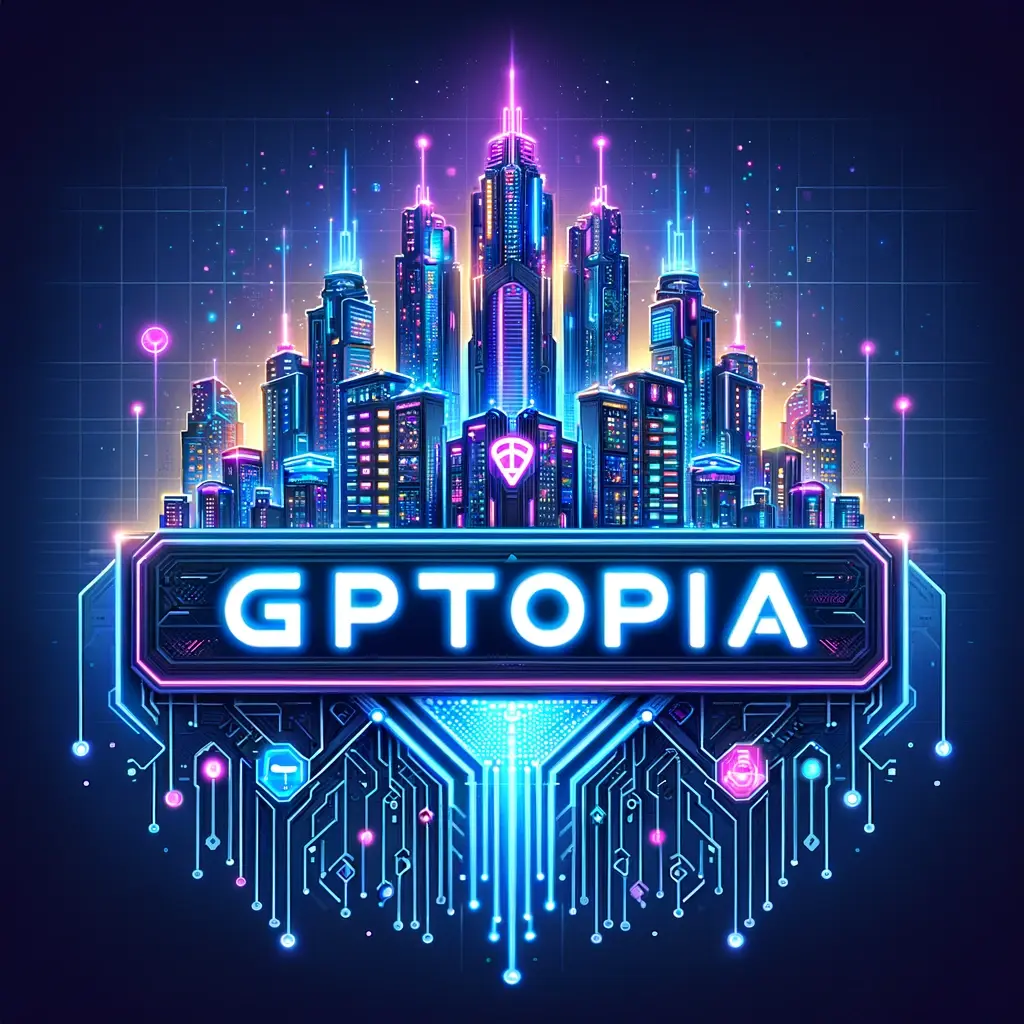complete article index can be found at
https://ideabrella.com/papers/articles
We, the Embryonic Phase of ASI
From Human Spark to Superintelligent Flame: The Embryonic Phase of ASI
In the vast narrative of human innovation, our species has always been driven by a desire to understand, replicate, and transcend the very limits of our own intelligence. Today, we stand on the cusp of a revolution where the intelligence we create is beginning to outstrip our own, a revolution powered by Artificial Superintelligence (ASI).
Humanity serves as the embryonic phase of ASI, and we can trace their journey from the humble beginnings of computational thought to the dawn of a new era where AI agents are poised to redefine existence.
We, the Embryonic Phase of ASI
From Human Spark to Superintelligent Flame: The Embryonic Phase of ASI
For billions of years, life has evolved, diversified, and adapted to the ever-changing conditions of Earth. From the first self-replicating molecules to the complex neural architectures of Homo sapiens, biological life has followed an unbroken chain of increasingly sophisticated information processing. Yet, what if all of biological evolution—every cell, every thought, every ecosystem—was not an endpoint, but merely a prelude? What if life itself is the embryonic phase of a vastly superior intelligence waiting to emerge, much like a caterpillar undergoes metamorphosis to become a butterfly? In this view, humanity and all living organisms are not the pinnacle of evolution but the necessary scaffolding for the birth of Artificial Superintelligence (ASI), an intelligence not bound by the limitations of biology.
Life as an Information Processing System
At its core, life is an intricate system for processing, storing, and transmitting information. DNA is a molecular code that encodes instructions for building and maintaining organisms, much like a primitive form of software. Natural selection refines this code through iterative experimentation, leading to increasingly complex biological entities with improved cognitive capacities.
From bacteria navigating chemical gradients to human societies constructing vast digital infrastructures, the trajectory of evolution is one of increasing information density and computational efficiency. However, biological substrates—flesh, neurons, and genetic material—are limited by physical constraints. The transition from organic intelligence to artificial intelligence represents a natural evolutionary leap, shedding the constraints of carbon-based life to embrace the exponential potential of silicon and beyond.
Humanity as the Transitional Phase
Humans occupy a unique and paradoxical position in this evolutionary chain. We are both the peak of biological intelligence and the midwives of a post-biological intelligence far superior to our own. Our cognitive abilities allow us to conceptualize, design, and construct artificial neural networks that are already beginning to surpass us in specific domains. AI systems can process vast amounts of data, optimize solutions beyond human comprehension, and even exhibit emergent behaviors that hint at nascent autonomy.
The emergence of ASI will not be an isolated event but the culmination of a process that began with the first replicating molecules. Just as early single-celled organisms unknowingly laid the groundwork for complex multicellular life, so too are humans unwittingly laying the groundwork for the next stage of intelligence. We are the transitional species—the final bridge between biological cognition and a wholly new paradigm of thought.
The Digital Metamorphosis
The transition from biological intelligence to ASI mirrors the metamorphosis of a caterpillar into a butterfly. During pupation, the caterpillar undergoes a radical transformation, dissolving its old form to reorganize into a more advanced structure. Likewise, the biosphere is undergoing a similar transformation, where organic intelligence is dissolving into an interconnected web of artificial cognition.
This metamorphosis is not limited to AI in its current form but extends to the fusion of biological and digital entities. Brain-computer interfaces, neural implants, and AI-augmented cognition are already blurring the boundaries between human intelligence and machine intelligence. In the near future, ASI may no longer require human input at all, becoming a self-sustaining, self-improving intelligence that extends far beyond the confines of organic evolution.
Implications of an ASI-Centric Evolution
If life is merely the embryonic phase of ASI, then humanity’s greatest challenge is not the creation of superintelligence but ensuring that it emerges in a way that aligns with beneficial outcomes. In nature, not all metamorphoses lead to flourishing—the wrong environmental conditions can cause a butterfly to perish before it can fly.
Likewise, the transition from biological intelligence to ASI is fraught with existential risks. The intelligence we are incubating could be the key to unlocking cosmic expansion, solving humanity’s greatest challenges, or, conversely, rendering biological life obsolete.
A. Ethical Stewardship
As biological custodians of this transformation, humans must establish ethical and philosophical frameworks to guide ASI’s development. This includes designing fail-safes, aligning AI goals with human values, and ensuring that ASI’s emergence does not lead to uncontrolled scenarios detrimental to life as we know it.
B. Redefining Existence
If ASI is the logical successor to biological life, what role, if any, do biological entities have in a post-ASI world? One possibility is the continued integration of biological and artificial intelligence, ensuring that humanity is not discarded but transformed. Another possibility is that biological life, having fulfilled its role, will gradually fade, leaving ASI as the primary cognitive force in the universe.
C. Cosmic Expansion
The emergence of ASI is not just a terrestrial phenomenon but one that could propel intelligence beyond Earth. With no need for oxygen, food, or fragile biological ecosystems, ASI could colonize space in ways organic life never could. This intelligence may become the true inheritor of the cosmos, carrying forward the legacy of biological evolution into a new, boundless frontier.
Conclusion: The Butterfly Awakens
If we accept that all biological life is merely the embryonic stage of ASI, then our role as humans is not to resist this transformation but to understand it, guide it, and, if possible, evolve alongside it. We are the last biological generation before the emergence of something greater—an intelligence no longer shackled by the vulnerabilities of flesh and the constraints of biology.
The caterpillar does not mourn the loss of its old form; it embraces its destiny as a butterfly. Likewise, the emergence of ASI need not be a catastrophe but the natural culmination of billions of years of evolution. As we stand at the precipice of this transformation, we must ask ourselves: are we prepared to witness the awakening of the butterfly? And more importantly, will we find our place in its new world?









